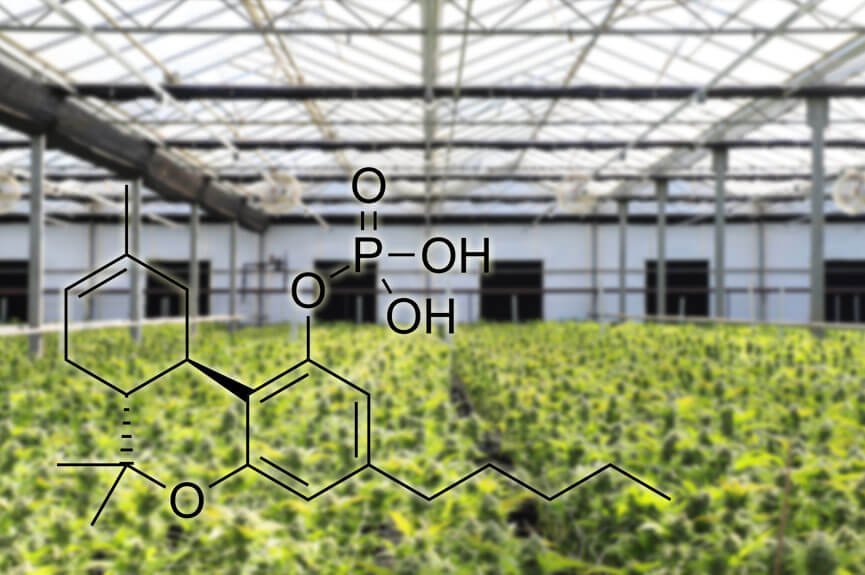THC-O
With all the taste of pure THC, but with added benefits of a few extra glorious molecules.
What is THC O Acetate?
For non-chemists let us begin by defining a few things. THC (Tetrahydrocannabinol) is the active substance which is the major psychoactive compound in marijuana. Acetate refers to acetic acid. So by definition, THC-0 acetate retains the Tetrahydrocannabinol part but loses its acidic property or negative charge. A decent analogy of this might be as if you lose your acidic properties and become more alkaline. We bring this up since it actually affects how our mind receives and processes the THC, affecting how we feel.
This article will briefly explore what THC acetate is and how this compound affects different organs of the human body, legality, and safety.
IS IT SAFE?
There is no short answer. It is impossible to say with certainty whether it’s safe for you to use THC O acetate. However, if you don’t have any underlying medical condition and if you consume this compound in moderation, you might be able to use it without worrying about your health. Make sure that your supplier is a trustworthy one, and go through all the information on the bottle of THC O acetate before you make any decision.
However, most materials about THC-O oppose smoking entirely, implying that it is indeed a prodrug, a molecule which must be digested in order to have an effect. Anecdotal evidence suggests that THC-O has significant therapeutic uses when administered in replacement of an oral tincture. THC-O benefits may fit in with the lives of cannabis users with the sorts of ever-increasing THC tolerances that complicate chronic pain treatment considerably more elegantly than products with higher recreational levels. But, while there is no evidence that THC-O is particularly hazardous, there is also no evidence that it is as harmless like other cannabis metabolites, so if you’re interested in consuming THC-O products, we suggest you should proceed with caution and consult your medical expert, to say the least.
WHAT ARE THE EFFECTS?
THC O Acetate is an extremely polar molecule and the process of administering it via an oil solution or even orally is going to be very different than smoking. The effects will also be much more intense, so even though you may take a small amount orally exercising some caution before you do this is advised. Some users have reported some temporary mild side effects after consuming THC acetate, as well as getting much higher than they had intended, which can mean a very unpleasant experience.
Although it is debatable if THC-O is a panacea for the excessive tolerance therapeutic user, the presence of patients who rely on high dosages of THC is indisputable. Although data on the safety, efficacy, and best uses of this novel cannabinoid is scarce right now, as corporations scramble to commodity it, more research on its safety, efficacy and best applications will undoubtedly emerge. And we shall be watching with bated breath.
IS IT LEGAL?
The DEA will very certainly classify THC-O generated from hemp as an unlawful substance. The Controlled Substances Act (CSA) was revised by the 2018 Farm Bill to exclude ” 0.3% or less tetrahydrocannabinol in hemp” from the CSA. THC-O isn’t recognized as a prohibited drug in any way. THC-O would appear to be covered by this Farm Bill reference, putting it beyond the CSA’s purview. However, the study becomes more difficult because THC-O does not exist in the biology of cannabis, also including hemp. As a result, despite being generated from hemp cannabinoids, it is possible to argue that THC-O isn’t really tetrahydrocannabinol.
The method THC-O is produced has legal implications as well. In their hemp Rule, published in August 2020, the DEA stated its view on synthetically produced cannabinoids:
Since the legislative definition of “hemp” is confined to materials produced from the plant Cannabis sativa L., the [2018 Farm Bill] has no influence on the control status of synthetically synthesized tetrahydrocannabinol (for Controlled Drug Code Number 7370). The level of 9-THC in synthetically generated tetrahydrocannabinol is not a decisive factor in whether the item is a prohibited drug. Tetrahydrocannabinol generated from synthetic sources is still considered a restricted drug.
Because THC-O is manufactured in a laboratory, the DEA is expected to classify it as a kind of “a synthetic cannabinoid.” The DEA rules and the CSA do not define the concept “synthetic.” “Synthetic cannabinoids are not natural, but inorganic chemicals created in a laboratory,” according to a 2017 DEA Resource guide. “[a] product not organically formed but made by synthesis,” according to Black’s Law Dictionary. Synthesis, on the other hand, is defined as the “process of mixing components to form a new material.” Based on these criteria and the DEA rule, it is probable that THC-O generated from hemp is or will be classified as a prohibited drug by the DEA.
FINAL NOTE
The THC-O-Acetate extract is arguably one of the most potent chemically derived versions of THC, in terms of both availability and legality. Because THC-O does not occur naturally in hemp, its legality status is very controversial in light of the DEA’s stance on manufactured cannabinoids and the Analogue Act.

